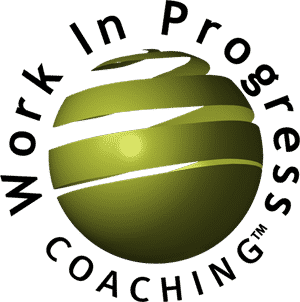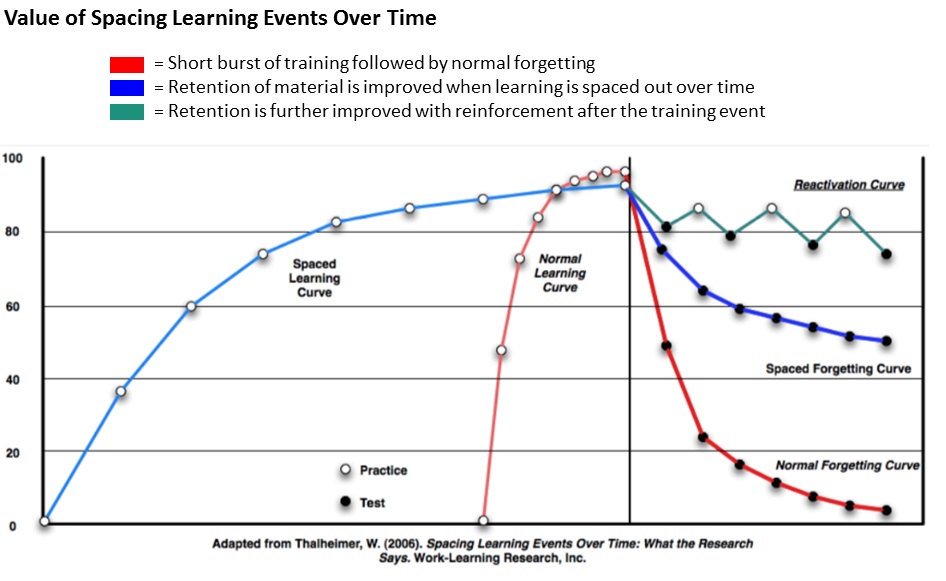About once a month, someone calls asking: “Do you do trainings?” I love these calls.
My first response is something like, “Yes, I do trainings. Tell me more about what you need so I can see if I can deliver it.” That response seems to go better than me blurting out: “How effective do you want the training to be? Do the participants want to this training? Will managers support people’s learning curve? What’s your culture like?” (You can see the need for me to resist blurting.)
During our conversation, we discuss what makes my approach to training effective: People are supported as they put what they learned into practice on the job, in real situations, over time. It’s what I call “skills coaching” (Thanks for term, Steve Roesler), not traditional training.
What’s the diff?
First, let’s talk about training. Training is the acquisition of knowledge and skills as a result of the teaching from a content expert. It usually happens in a short timeframe – 1 hour, 1/2 day, a day – and ends after the content is delivered. Good training, whether delivered face-to-face or online, includes exercises during the instructional time that give the learner an opportunity to practice what they are learning, albeit within the training environment. Questions during training are focused on understanding the content, not the process of learning or the environment at work.
Once the training ends, however, the learner is on his/her own. Even good training can fall short of achieving the promised proficiency if the learner is distracted, has a learning style different than what’s being offer, or has been forced to attend.
Now, let’s look at Skill Coaching. Skill coaching occupies a different space in the performance continuum than training. Skill coaching combines expertise in two domains: content and context. The content, subject matter knowledge, is coupled with context, an understanding of what affects the learner in the process of acquiring and applying new skills.
By design, skill coaching supports the learner as they practice newly acquired skills in their work environment and helps them deal effectively with factors that traditional training doesn’t address. Skills coaching is about retention, not just training. One of those key factors is the very human fear of failing. When the fear of failing on the learner’s side is combined with an intolerance of mistakes on the manager’s side, not much effective learning and change can happen. The element of coaching creates a context for mistakes that shifts them from the avoid-at-all-costs column to the expectation column. That shift that makes all the difference.
The coaching part of skill coaching doesn’t have to be delivered by an outside coach. Thankfully, many managers are now taking up the coaching mantle as they recognize that the command-and-control approach doesn’t engender what every business needs today to be successful today: agile, collaborative and developing leaders at all levels.
Advanced Support: More Retention, Higher Performance
Rounding out the performance spectrum are two other types of coaching: performance coaching and developmental coaching. Performance coaching is designed to help someone improve performance in their current role. Often the desire for improvement is spurred by a 360-feedback process. Questioning current assumptions and beliefs is an integral part of the process. Developmental coaching involves reflective learning, with the object being to enable someone to gain increased self-awareness, especially when it comes to management and leadership responsibilities.
Adding coaching to any training, performance or developmental process increases the probability that the promised skill proficiency will be achieved. Coaching supports the learner to change habits and behaviors as they integrate the new skill into their work life. After all, supporting the learner to perform better is the point, isn’t it?
Subscribe
Get Camille's latest posts!

